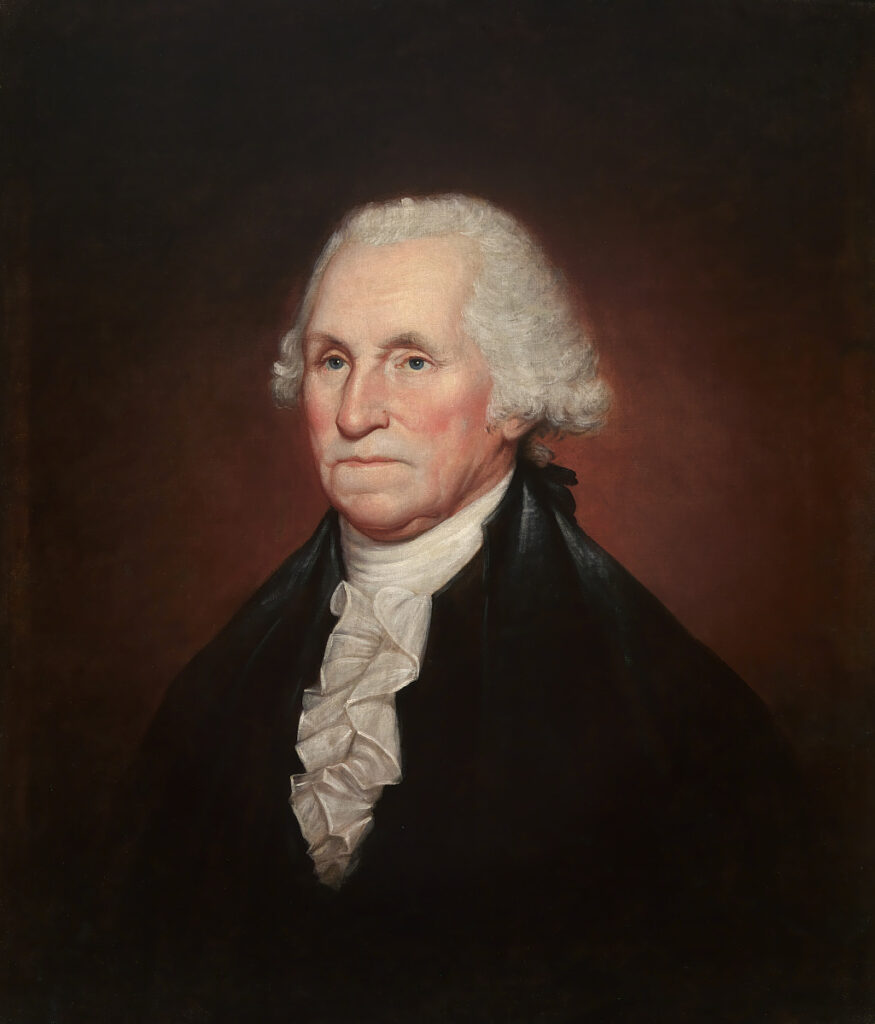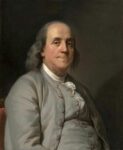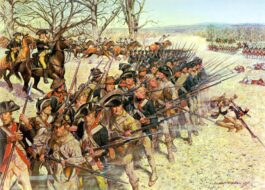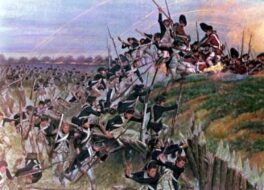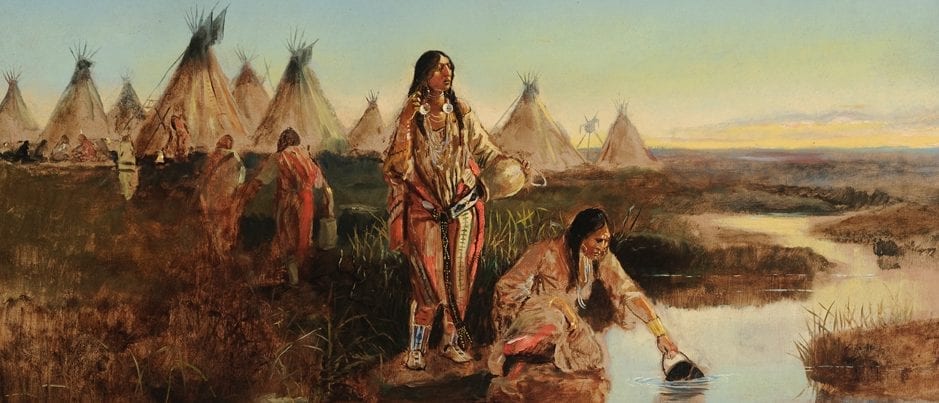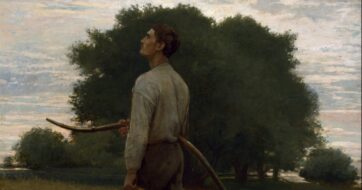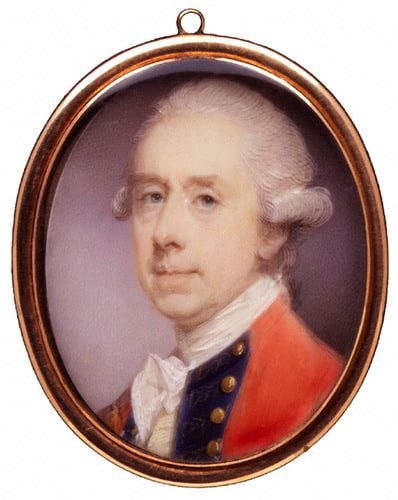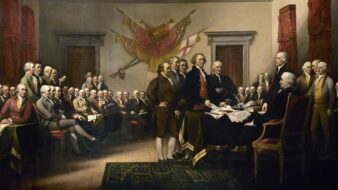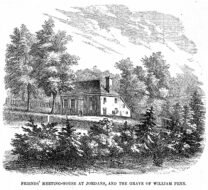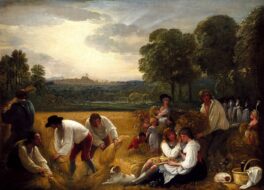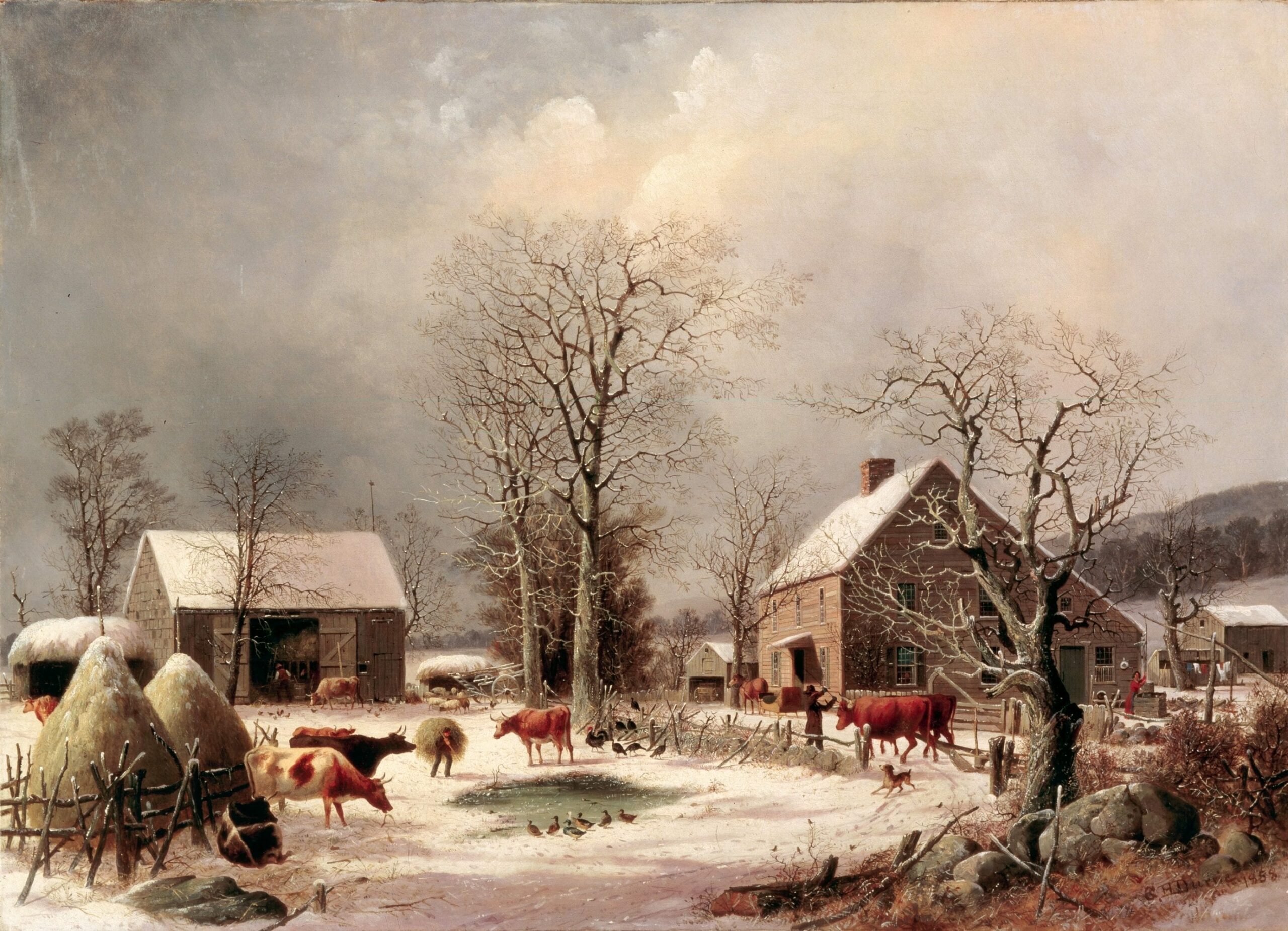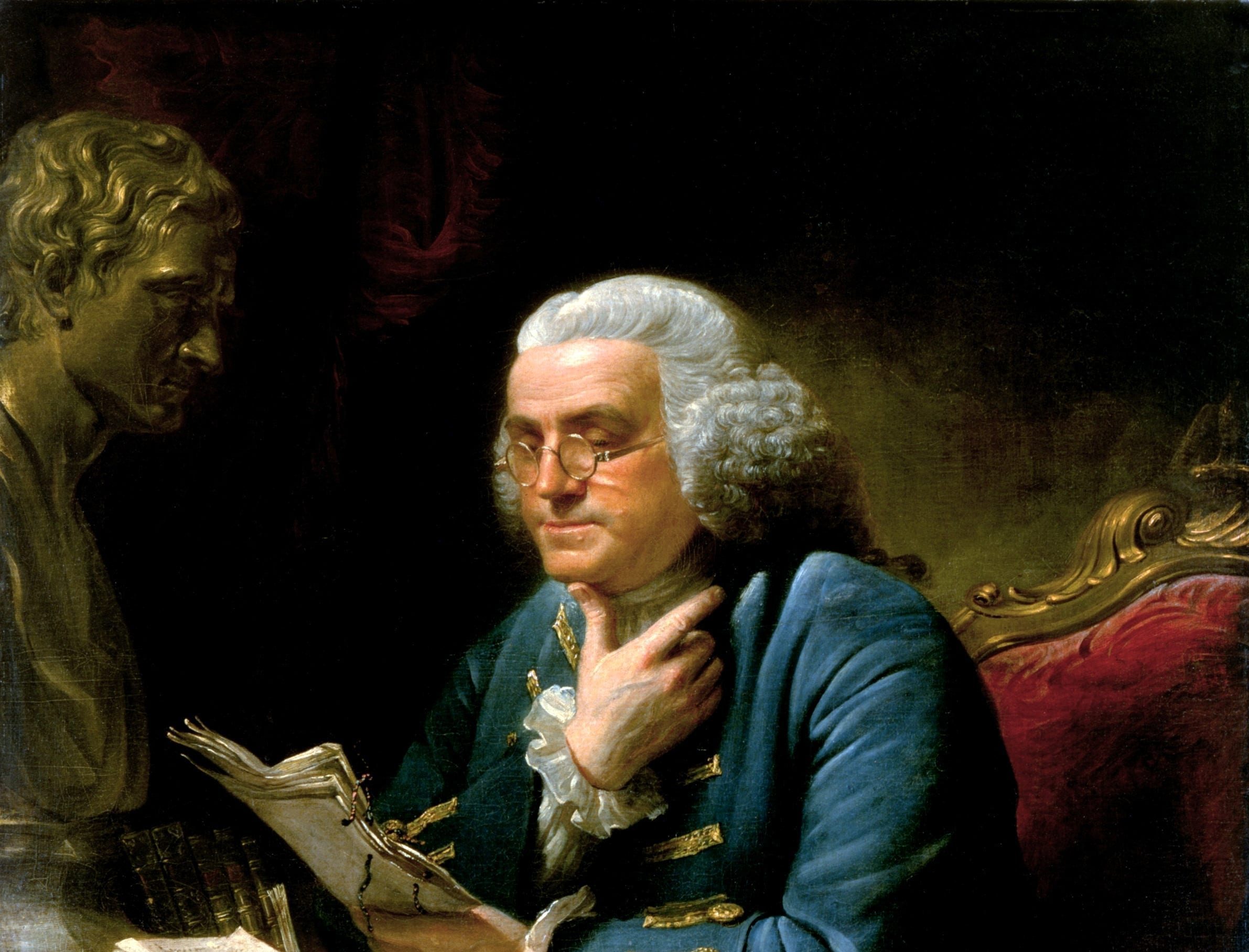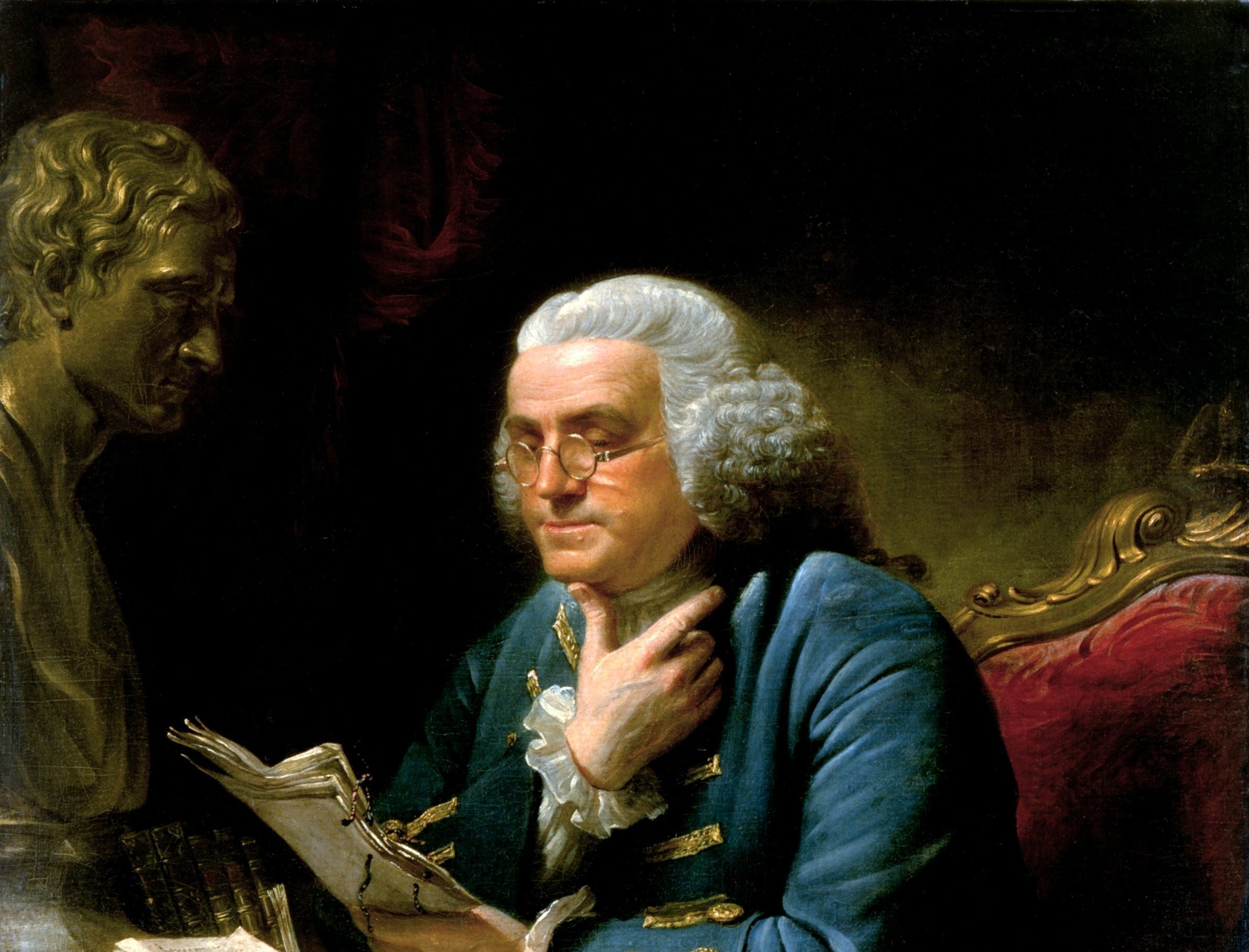“From George Washington to Joseph Jones, 14 December 1782,” Founders Online, National Archives, https://teachingamericanhistory.org/fpie.
Dear Sir:
In the course of a few days Congress will, I expect, receive an Address from the Army on the subject of their grievances.
This Address, tho’ couched in very respectful terms, is one of those things which tho’ unpleasing is just now unavoidable; for I was very apprehensive once, that matters would have taken a more unfavourable turn, from the variety of discontents which prevailed at this time.
The temper of the Army is much soured, and has become more irritable than at any period since the commencement of the War. This consideration alone, prevented me (for every thing else seemed to be in a state of inactivity and almost tranquility) from requesting leave to spend this Winter in Virginia, that I might give some attention to my long neglected private concerns.
The dissatisfactions of the Army had arisen to a great and alarming height, and combinations among the Officers to resign, at given periods in a body, were beginning to take place when by some address and management their resolutions have been converted into the form in which they will now appear before Congress. What that Honble. Body can, or will do in the matter, does not belong to me to determine; but policy, in my opinion, should dictate soothing measures; as it is an uncontrovertible fact, that no part of the community has undergone equal hardships, and borne them with the same patience and fortitude, that the Army has done.
Hitherto the Officers have stood between the lower order of the Soldiery and the public, and in more instances than one, at the hazard of their lives, have quelled very dangerous mutinies. But if their discontents should be suffered to rise equally high, I know not what the consequences may be.
The spirit of enthusiasm, which overcame every thing at first, is now done away; it is idle therefore to expect more from Military men, than from those discharging the Civil departments of Government. If both were to fare equally alike with respect to the emoluments of Office, I would answer for it that the Military character should not be the first to complain. But it is an inviduous distinction, and one that will not stand the test of reason or policy, the one set should receive all, and the other no part (or that wch. is next to it) of their pay. In a word, the experiment is dangerous, and if it succeeded would only prove that, the one is actuated by more Zeal than the other, not that they have less occasion for their money. I am etc.


